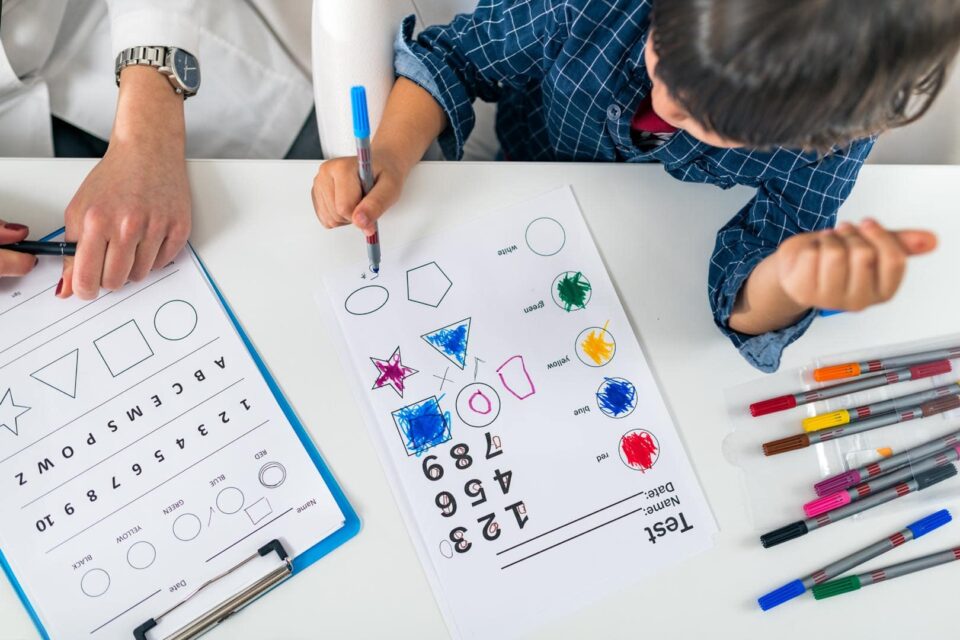IQ is a measure of intelligence. There are many different ways to measure intelligence, but the most common way is by using IQ tests. IQ tests are used to determine a person’s intellectual ability.
A person’s IQ score is based on their performance on a series of mental tasks. IQ scores can be used to measure someone’s brain power and compare it to others. There is no single test that measures everyone’s intelligence, but IQ tests are one of the most common methods for measuring intelligence.
What is IQ Testing?

IQ testing is a way to measure a person’s intelligence. It is also known as an intelligence quotient or simply an IQ. IQ tests are used to help diagnose mental disorders and to assess a person’s cognitive ability. There are different types of IQ tests, but all of them share the same basic principle: They ask you questions that require you to think about complicated problems. The questions are usually drawn from topics such as mathematics, science, language, and reasoning.
IQ testing can be used to diagnose mental disorders such as autism, ADHD, and Alzheimer’s disease. It can also be used to measure how well a person does on certain academic tasks such as grades or exams.
Types of Intelligence Tests

There are a variety of IQ tests, and each measures a different aspect of intelligence. Here are the most common types of intelligence tests:
– Verbal IQ test: Measures ability to think logically and abstractly.
– Nonverbal IQ test: Measures ability to understand and solve problems using abstract information.
– Reading IQ test: Measures ability to read complex texts accurately.
– Mathematics IQ test: Measures ability to solve complex problems in arithmetic and algebra.
Each type of intelligence has its own strengths and weaknesses, so it’s important to find an IQ test that will measure your child’s abilities most accurately. iq-online-test.com offers a variety of IQ tests that can help you find the right one for your child.
How to Raise a Smart Child?

While IQ testing is undoubtedly an important tool for parents, it’s important to remember that intelligence is complex and multi-dimensional. In other words, your child’s IQ score doesn’t necessarily reflect all of his or her strengths and weaknesses. So don’t get bogged down by numbers – instead, focus on boosting your child’s overall intellectual development. Here are five things every parent should know about intelligence and IQ testing:
-
- Intelligence is complex and multi-dimensional. Your child’s IQ score doesn’t necessarily reflect all of his or her strengths and weaknesses. For example, your child may have a high IQ score but may struggle with math concepts or reading comprehension.
- IQ scores can vary significantly from one person to the next. Even within the same family, siblings can have very different IQ scores. This is because intelligence is highly heritable – meaning that it’s largely genetically determined.
- IQ tests are not a perfect tool for evaluating academic achievement. IQ tests are good for measuring a child’s general intelligence but they’re not always accurate when it comes to assessing specific academic skills. For example, a child who excels in math might not perform as well on an IQ test that measures verbal intelligence (such as vocabulary).
- IQ tests do not predict success in school or career paths. While IQ scores can provide parents with valuable insights into their child’s strengths and weaknesses, they aren’t a guarantee of future success. In fact, many students with high IQ scores don’t achieve high levels of success in school or in their careers.
Conclusion

There is a lot of talk about intelligence and IQ tests, but what do parents need to know in order to have the conversations necessary to get their children tested? In this article, we outline things every parent should know about intelligence and IQ testing so that they can help facilitate informed discussions with their children. By understanding the basics behind these tests, parents can create an environment where discussing intelligence and achieving high scores on IQ tests is a reality for their children.



